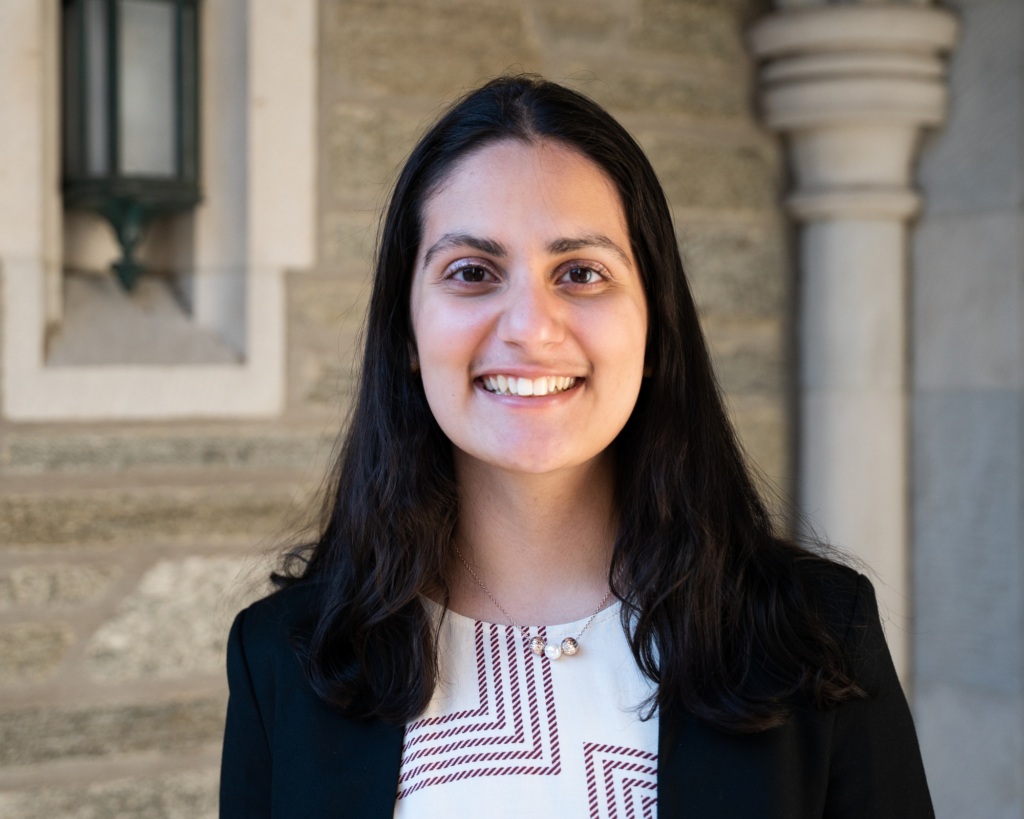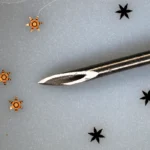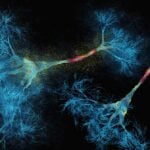Advocating for Students With Disabilities

Ikshu Pandey’s interests lie at the intersection of materials science and neuroscience.
“The big reason that I am interested in these two majors is because I’m disabled,” says Pandey. “Because of a virus that I caught in my childhood, I can’t really see out of my left eye or hear from my right ear.”
As a senior double major, Pandey strives to assist other students with disabilities and neurodegenerative conditions in both her academic work and through her extracurricular activities—efforts recognized with a 2023 JHU Diversity Leadership Award that honors outstanding work in diversity and inclusion at Johns Hopkins.
For her senior materials science and engineering senior design project, Pandey worked in the lab of Peter Searson, the Joseph R. and Lynn C. Reynolds Professor in materials science and engineering and the co-founder and former co-director of the Institute for NanoBioTechnology, on research that aims to provide earlier detection of Alzheimer’s disease. She has collaborated on designing microfluidic devices that mimic blood vessels in the brain. These biomaterial molds can be injected with very small amounts of biological fluid, allowing researchers to compare changes in blood vessel models with Alzheimer’s disease to those without the condition.
“I’m seeding [the devices] with stem cells that have familial mutations associated with Alzheimer’s disease and characterizing the changes that occur,” says Pandey.
As the undergraduate representative on the inaugural Johns Hopkins Disability Inclusion Advisory Committee, she advocates on behalf of other students. “I’m representing my undergraduate population and making sure that students with disabilities aren’t overlooked,” she says.
Pandey is also a student director for Baltimore First, a grassroots organization dedicated to building relationships between Hopkins students and members of the Baltimore community. “Through engaging with the Baltimore community, I realized that within health care, there are a lot of stigmas,” Pandey says, referring to race-based stigmas and how they sometimes intersect with stigmas attached to disabilities. “If doctors are not able to engage sensitively with a patient in a way that makes [the patient] comfortable enough to tell them their whole story, [the doctor] might misdiagnose them.”
And, as the director of community engagement for a new, youth-led national nonprofit, Asian Americans with Disabilities Initiative (AADI), she helped compile the Asian Americans with Disabilities Resource Guide.
Pandey plans to attend medical school and believes that by working in medicine, she can help build a future where equitable access to all in engineering and medicine is afforded. “Science doesn’t only rely on time-tested procedures and ideas. It also relies just as much on different perspectives and new ideas,” she says. “It’s important to provide a space that’s equitable for people and encourages diversity because that will foster growth and breakthroughs.”
Story by Conner Allen and featured in the JHU Engineering Magazine Spring 2024 edition.
Latest Posts
-
 Johns Hopkins Postdoc Named in Forbes `30 Under 30′ List
December 8, 2025
Johns Hopkins Postdoc Named in Forbes `30 Under 30′ List
December 8, 2025
-
 Micro Grippers: David Gracias Builds Micromachines That Fold, Stick, Swim, and Sense—All Inside the Human Body.
November 20, 2025
Micro Grippers: David Gracias Builds Micromachines That Fold, Stick, Swim, and Sense—All Inside the Human Body.
November 20, 2025
-
 A bold new approach to autoimmune diseases
November 19, 2025
A bold new approach to autoimmune diseases
November 19, 2025


